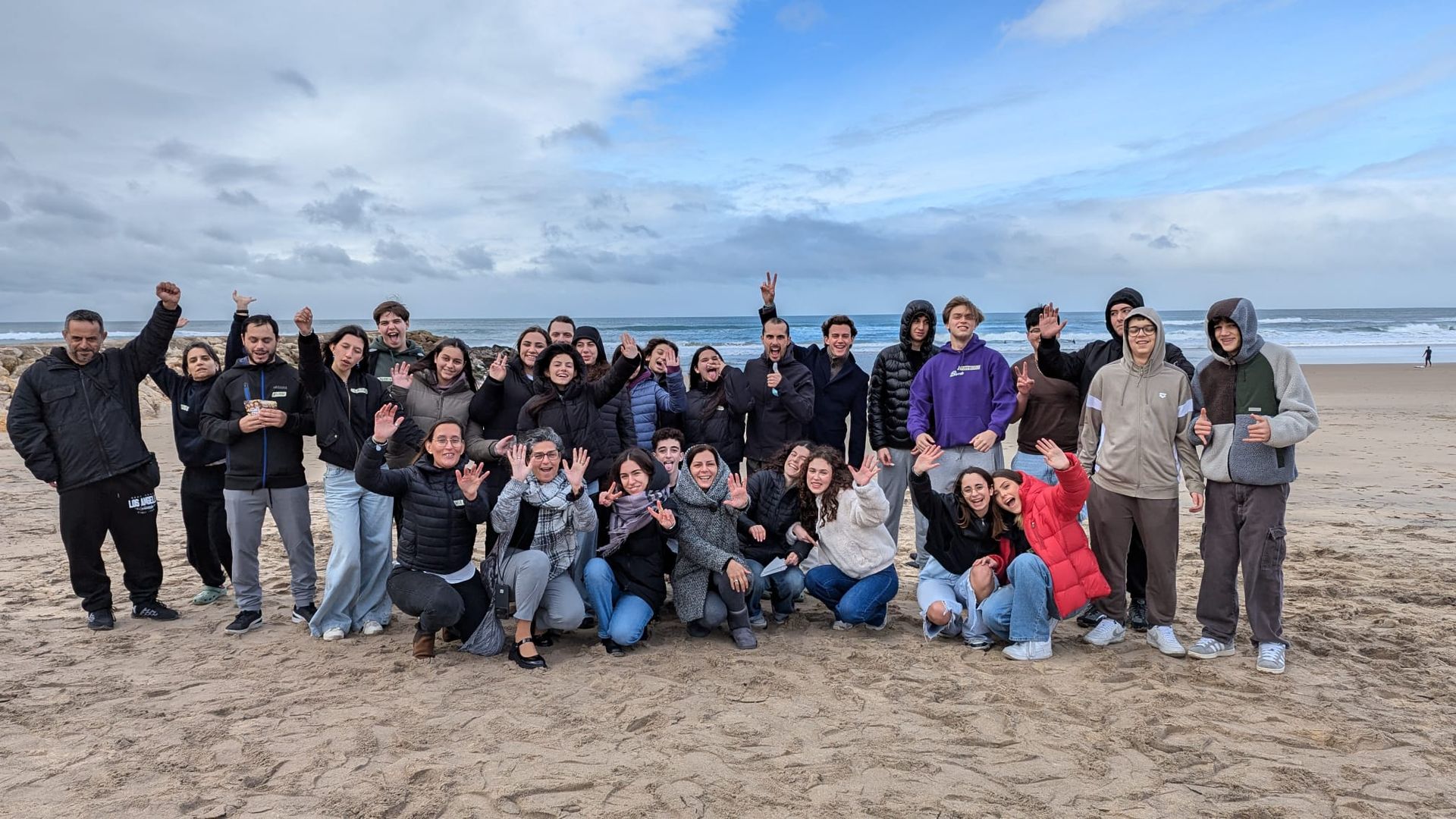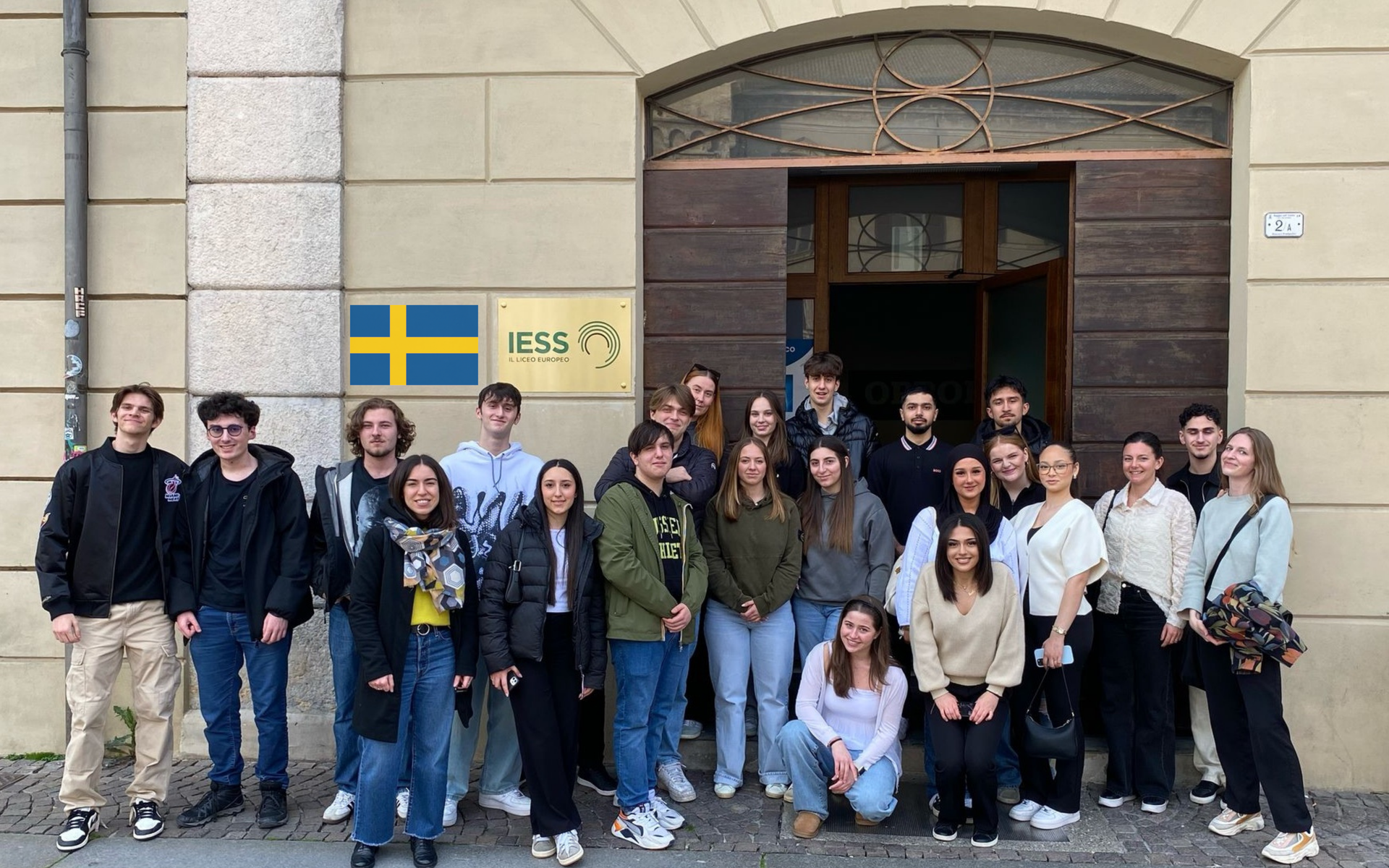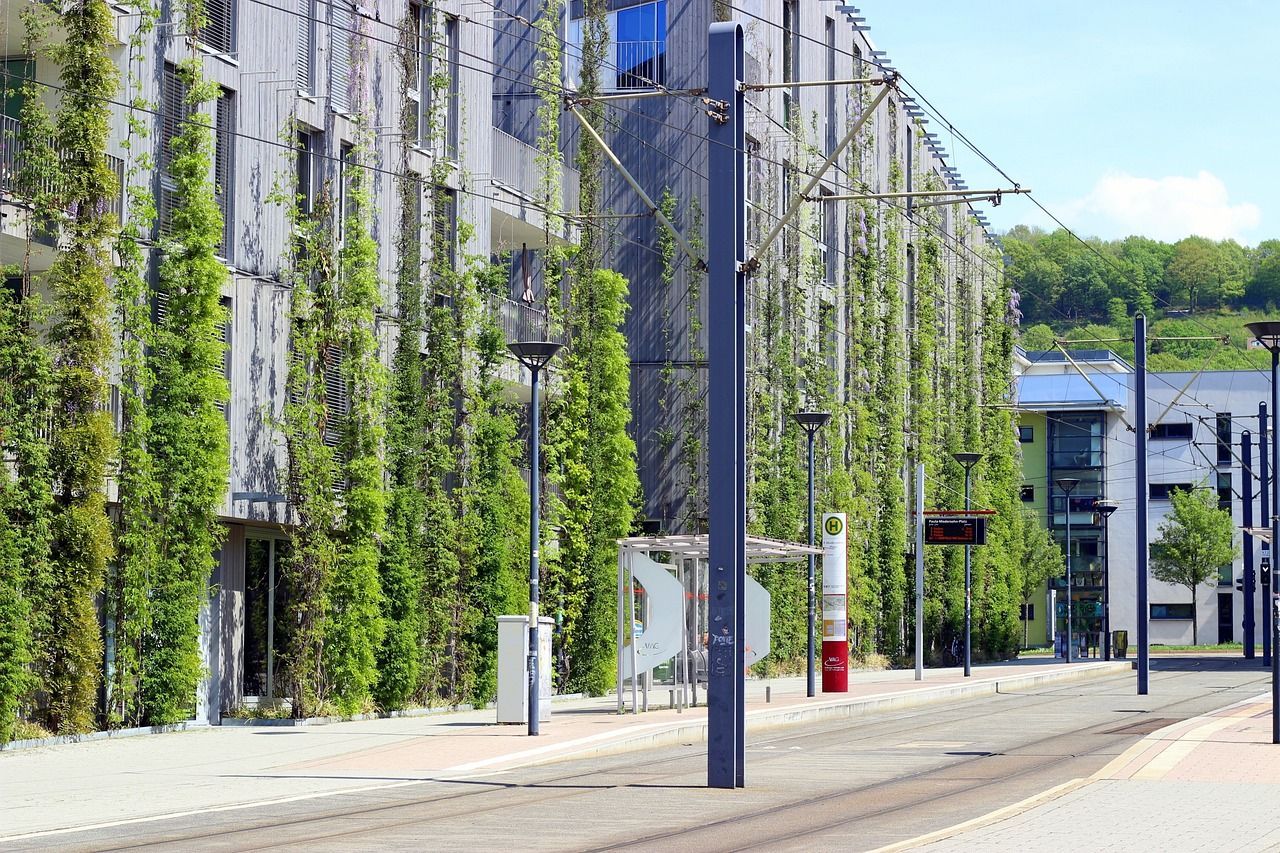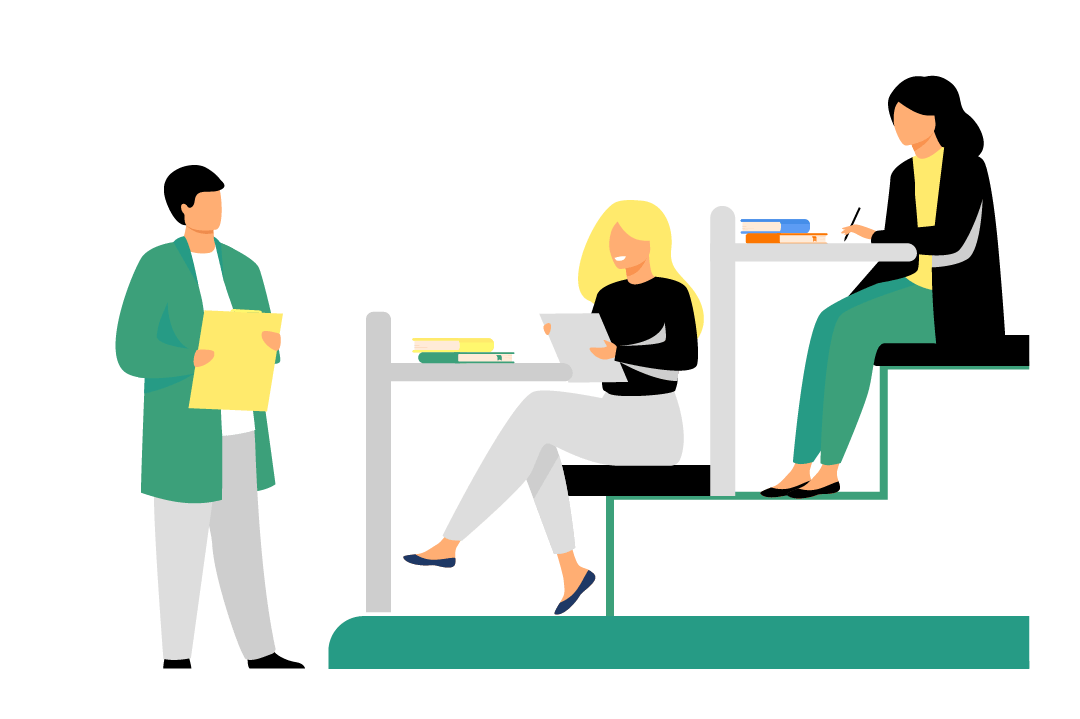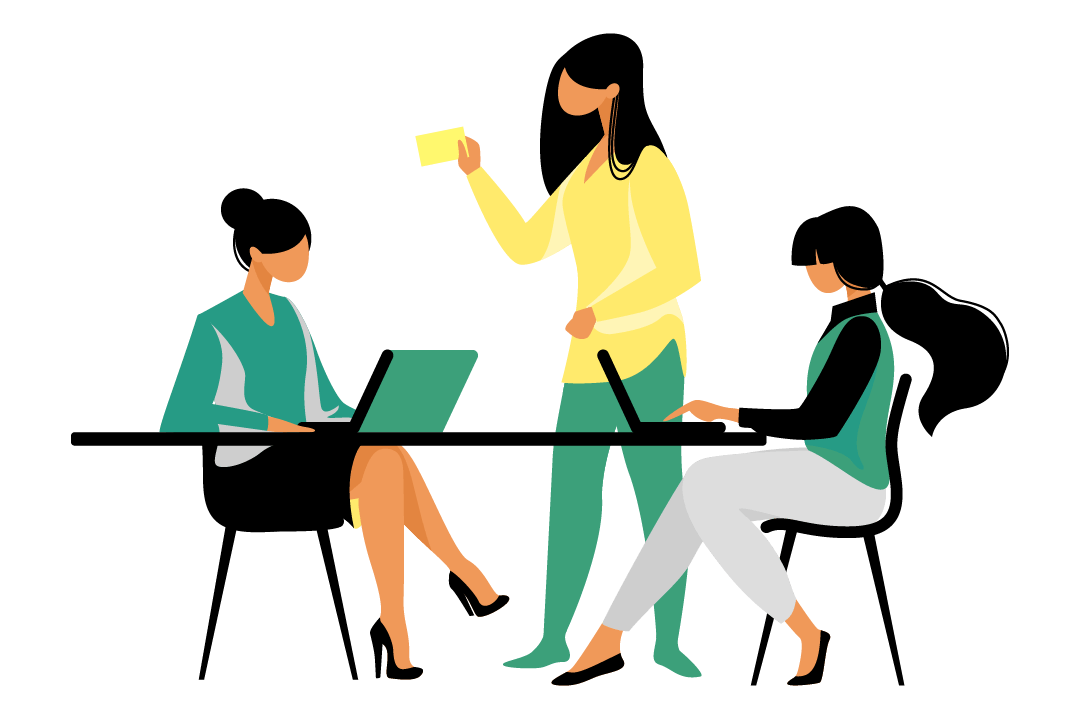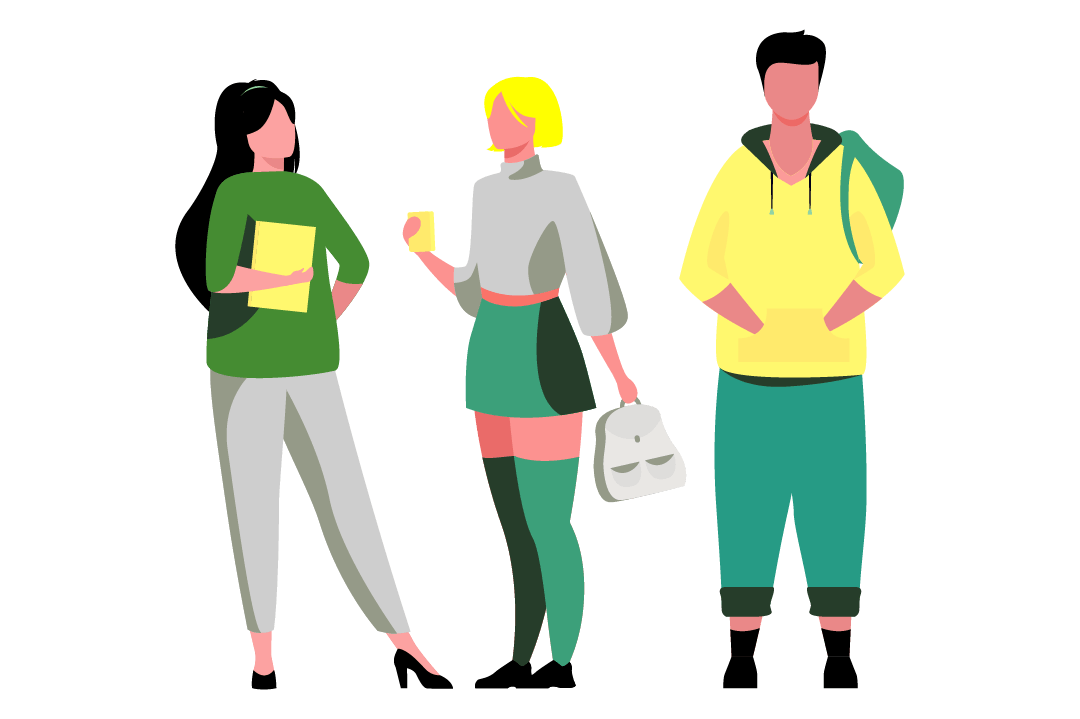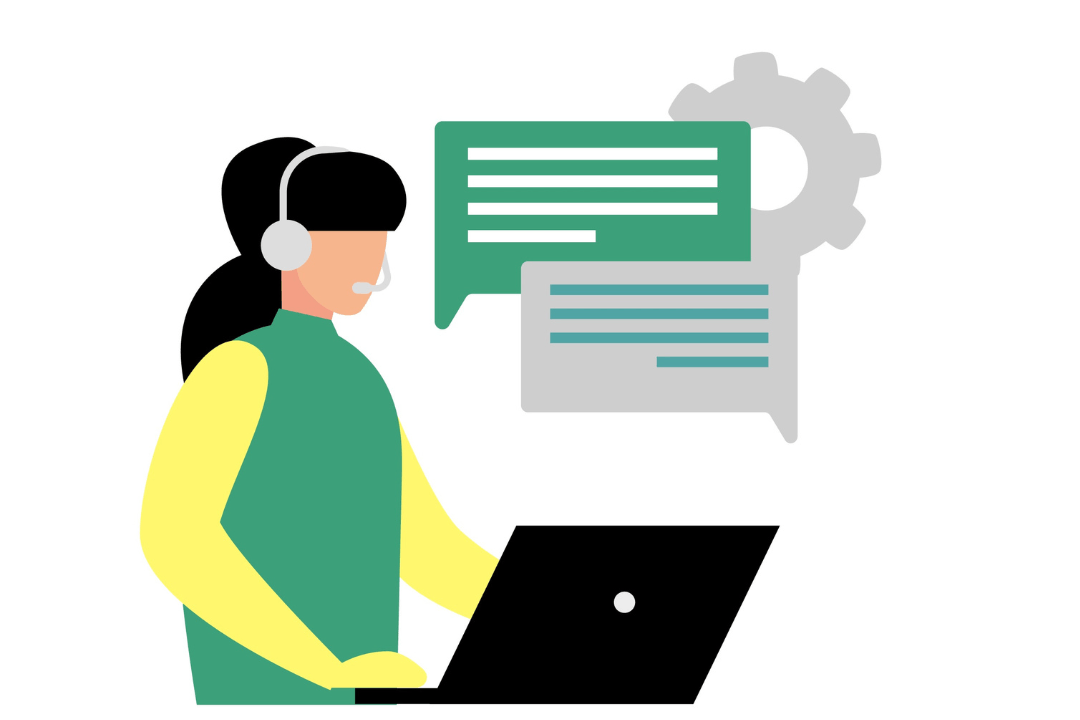HUMAN SCIENCES
Humanities
European High School
Want to understand the world around you? Want to be a leader in the new challenges of social progress and sustainable human development? Looking for a modern high school, open to the world and attentive to the major social and cultural issues of our time?
Human Sciences is your high school.
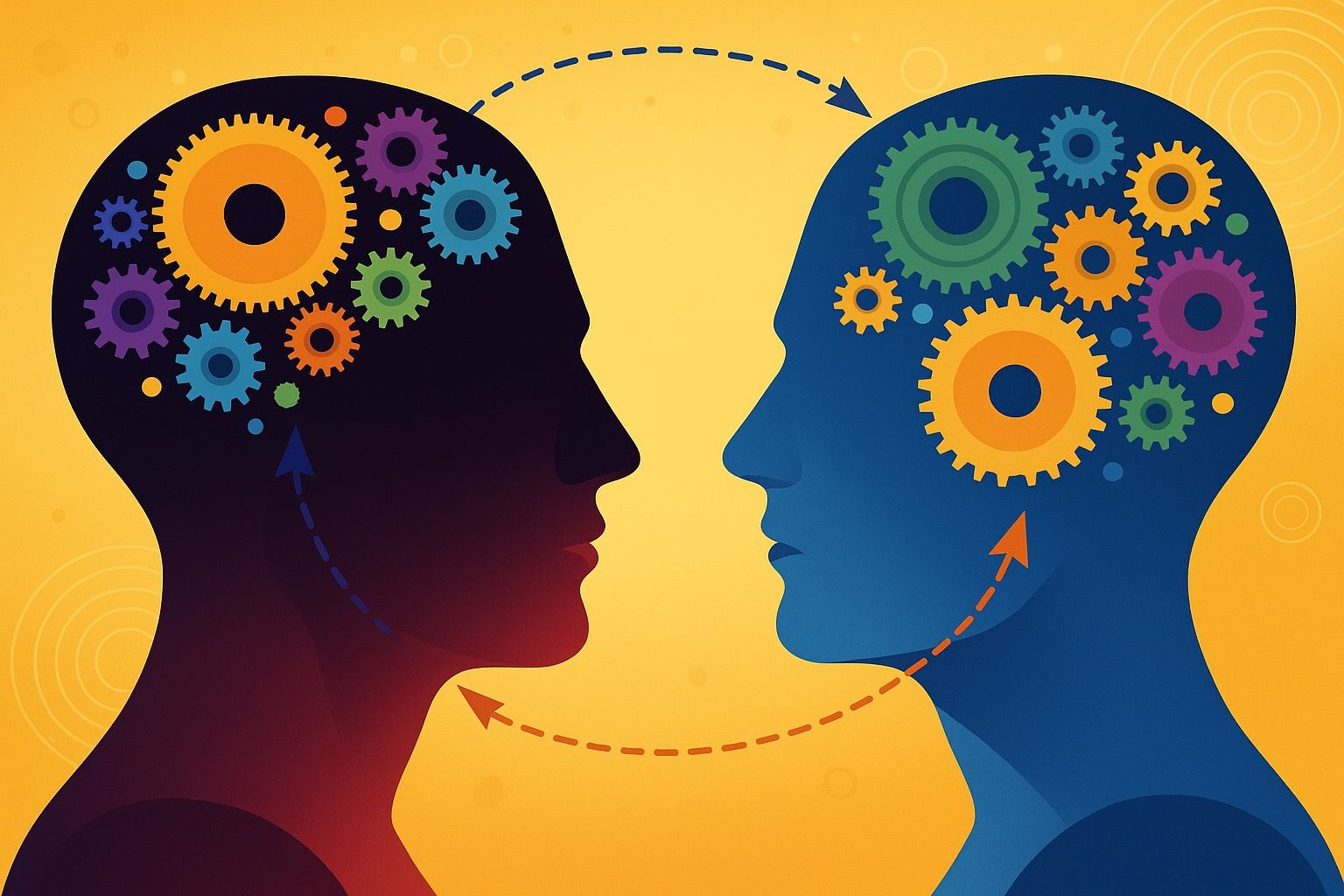
What characterizes it
This international training program, reserved for 20 selected students, focuses on the individual and brings current events into the classroom, providing you with the tools to understand the major social, political, and cultural issues of our time and address contemporary challenges with awareness.
Educational path
You will study psychology, sociology, law, and economics in an active and interdisciplinary way.
Workshops, group activities and projects will help you understand the complexity of contemporary society and develop critical thinking and problem-solving skills.
You will learn about your rights and duties as a citizen, the role of institutions, and the rules of civil coexistence.
You'll participate in workshops and debates on current issues, from human rights to inequalities, from inclusion to civil rights.
You will understand the major contemporary issues and develop a spirit of initiative and openness to change, to transform ideas into projects that create value for society.
You'll improve your English and a second foreign language. Thanks to native-speaking teachers, lessons in language, and an international environment, you can earn advanced language certifications and, if desired, even a double English diploma.
Study plan
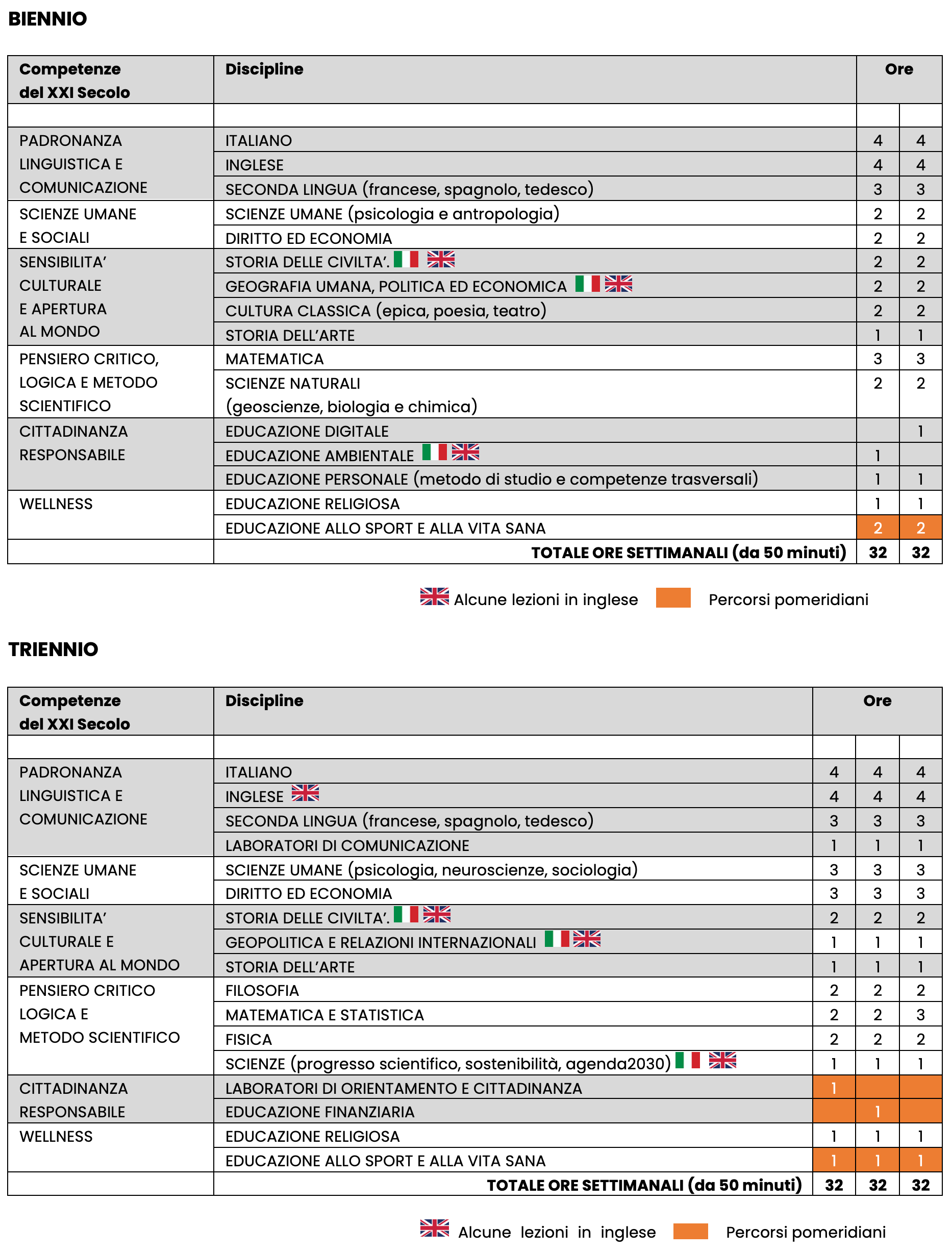
Enhancements
Classical Culture: this is one of the core courses of the two-year program, focusing not on Latin, but on epic poetry, poetry, and drama from the classical world. An extraordinary journey into Greek and Latin culture, the foundations of Western civilization.
Italian: the development of epic poetry in the classical culture course allows the Italian course to strengthen linguistic skills and introduce you to reading and writing.
English: 4 hours per week, native-speaking teachers, language labs, lessons in English for non-language subjects.
Geography: including human, political, and economic, with a focus on world cultures and international relations.
Art History: lessons from the first year onwards, taught in parallel with the history curriculum.
Communication: storytelling workshops, public speaking, and listening skills training.
Science: an extraordinary three-year journey through scientific progress, sustainability, and the 2030 Agenda.
Additional subjects
Environmental education: a highly topical course on sustainable human development, urbanization and pollution, renewable energy, waste, recycling, and human impact on the environment.
Digital education: fundamentals of computer science, coding, robotics, artificial intelligence, and Office. You'll learn how to create a video, a multimedia presentation, and a website.
Personal education: study methods, teamwork, communication, self-confidence, and a results-oriented approach.
Civic education: law, citizenship and institutions, forms of state and government, international organizations.
Financial education: basics of economics and personal finance, budgeting, saving and investing, opening a bank account, applying for a loan, understanding paychecks, starting a business.
Wellness: nutrition and healthy living education, sex education, and instruction in non-traditional sports such as yoga, Pilates, dance, meditation, and aerobics.
The IESS Experience
Experiences abroad: four-week study abroad program at an English school. Summer school and work experience.
International projects: Erasmus projects and exchanges with schools in other countries.
Educational trips: field trips, museum visits, shows, and cultural events.
Career orientation: parliamentary simulations, meetings with economists, entrepreneurs, researchers, and managers on emerging professions.
Field experience: internships and workshops at universities, research centers, and innovative companies.
The IESS method
Only three lessons a day: you focus your attention on fewer subjects and have more space to work with the teachers.
Active participation in lessons: lessons are more stimulating, you follow more attentively and you learn more easily, even at home.
Laboratory lessons: in class, put theory into practice in labs and group work. Understanding is more important than memorization.
Dialogue with teachers: engage in ongoing dialogue with teachers, in a climate of trust and collaboration.
Constant use of new technologies: personal iPads, digital textbooks, Wi-Fi and Internet, even in the classroom.
Attention to each student: a tutor closely follows you in your personal and academic growth.
Your growth matters more than grades: you no longer focus solely on grades but on improving every day. In the end, even your grades are better.
After high school
University
You will be able to continue your studies in all university faculties, particularly Psychology, Law, Political Science, History and Philosophy, Communication Sciences, Human Sciences, Educational Sciences, Journalism, but also Economics and International Relations.
Careers
You'll be able to find employment in a variety of emerging career paths, both in Italy and abroad. As a professional, you can work in professional firms in the fields of psychology, law, and social sciences; in universities, research centers, and institutions in the economic and social fields; and in international organizations in the political, social, and diplomatic fields.
As a manager, you can work in public administration, businesses, and organizations in the fields of human resources, communications, international relations, human development, cooperation, public relations, environment, and regional development.
Want to know more?
What makes it unique
The program combines the rigor of high school study with a modern, interdisciplinary approach to humanities. Through the study of psychology, sociology, anthropology, law, and economics, you will understand the complexity of contemporary society and develop critical thinking, initiative and problem-solving skills.
Small size classes
20 students selected on academic achievement.
Solid humanistic education
Psychology, Anthropology, Law, Sociology, Economics, Philosophy.
Civic education, law and society
Rights, duties, role of institutions, rules of civil coexistence.
English Improvement
Lessons also in English, Cambridge certifications and double UK diploma.
Open-mindedness
You will develop openness to change and the ability to translate ideas into projects that create value for society.
Communication and listening workshops
Storytelling, public speaking, and listening skills workshops.
Social Labs
Experiential workshops on current issues such as human rights, inequality, inclusion, and sustainability.
